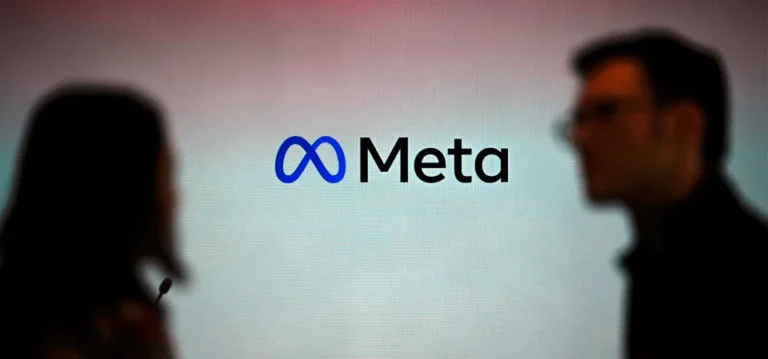America and Canada were the targets of the accounts, which blogged about the conflict between Israel and Hamas.
According to the most recent report that Meta has released on coordinated inauthentic activity, the business said that it discovered an Israeli marketing firm that was employing phony Facebook profiles to launch an influence campaign on its platform. This strategy posted about the conflict between Israel and Hamas to individuals in the United States of America and Canada.
The researchers from Meta discovered a total of 510 Facebook accounts, 11 pages, 32 Instagram profiles, and one group that were connected to the endeavor. These accounts included false accounts and accounts that had been hacked in the past on Facebook. The accounts published postings that supported Israel’s war actions and condemned the United Nations Relief and Works Agency (UNRWA) and campus protests. They posed as “Jewish students, African Americans, and ‘concerned’ citizens” and shared these posts. Additionally, they disseminated statements that were of an Islamophobic nature in Canada, stating that “radical Islam poses a threat to liberal values in Canada.”
Researchers from Meta stated that the effort was connected to STOIC, which is described as “a political marketing and business intelligence firm” based in Israel; nevertheless, they did not comment on the reasons that led to the development of the campaign. In addition to being active on X and YouTube, STOIC also managed websites that were said to be “focused on the Israel-Hamas war and Middle Eastern politics.”
Meta claims that the effort was uncovered before it could amass a significant number of followers, and that the automated algorithms of the company were able to effectively disable a significant number of the phony accounts. Approximately 500 people followed the profiles on Facebook, while approximately 2,000 people followed them on Instagram.
According to the research, the individuals who were responsible for the accounts appeared to have utilized generative artificial intelligence techniques in order to compose a significant number of their comments on the pages of politicians, media organizations, and other public personalities.During a briefing with reporters, David Agranovich, the policy director for threat disruption at Meta, stated that “these comments generally linked to the operations’ websites,” but that they were frequently met with critical responses from genuine users who referred to them as propaganda. It has not yet come to our attention that there are any novel Gen AI-driven strategies that could hinder our capacity to disrupt the adversarial networks that are behind them.

